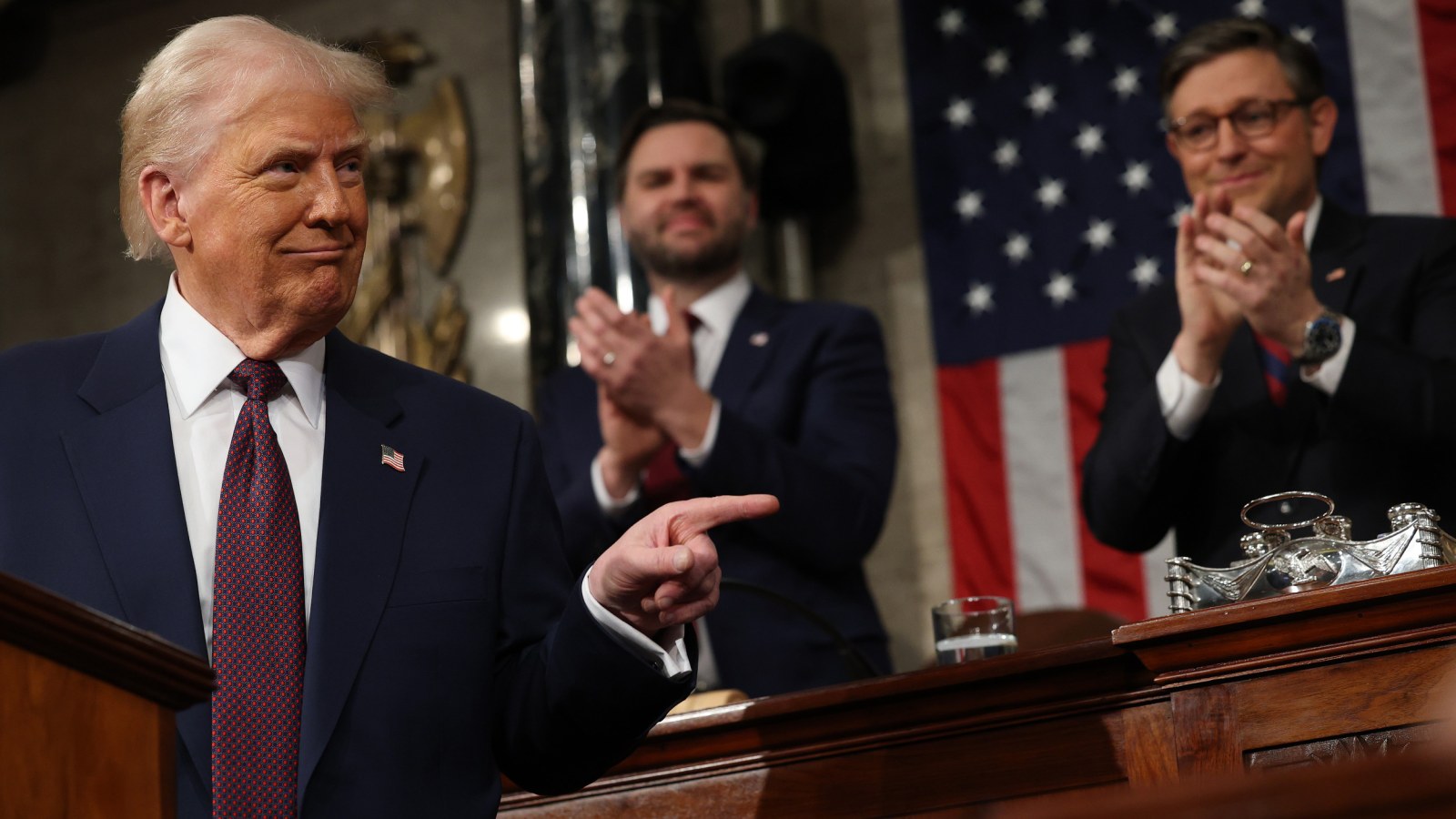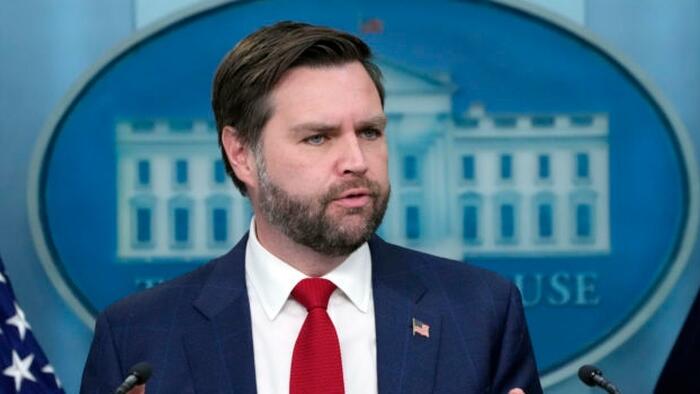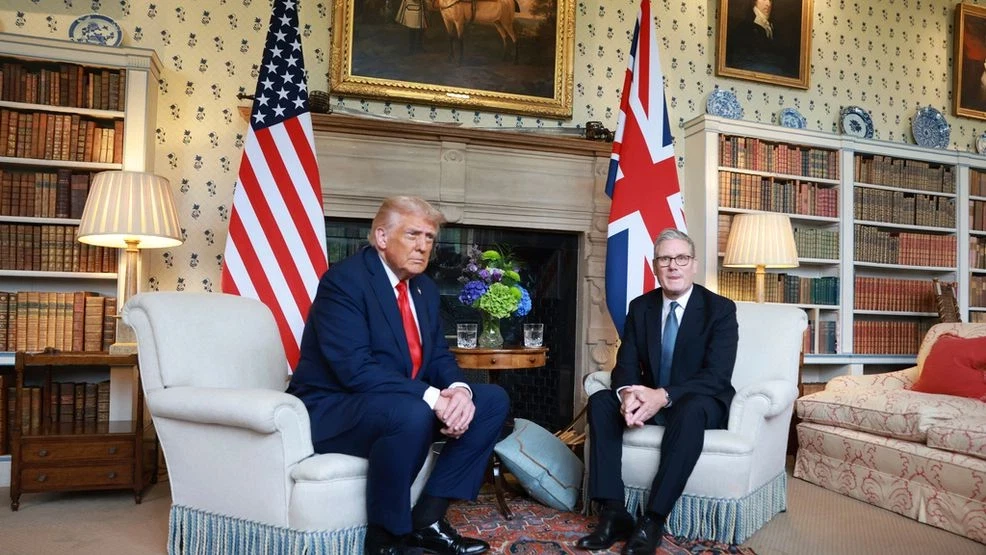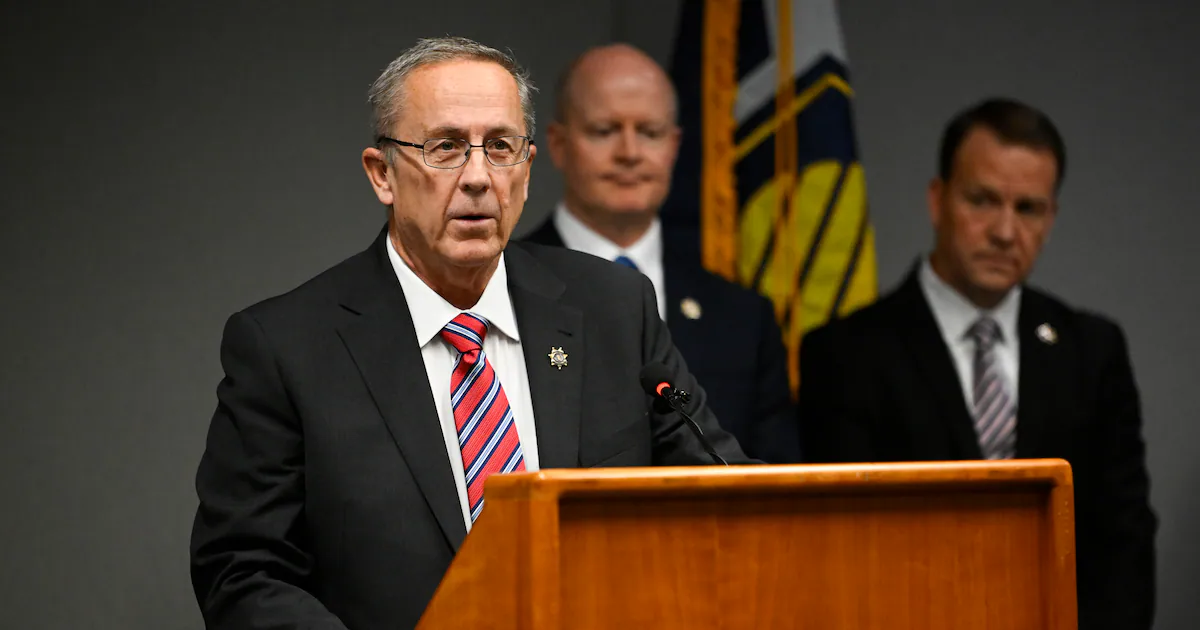By Allan J. Lichtman
Copyright newsweek

When President Donald Trump said, “The States are merely an ‘agent’ for the Federal Government in counting and tabulating the votes,” he revealed a profound inconsistency: states’ rights—long upheld in conservative rhetoric—can be discarded when inconvenient. Too often, conservative principles operate as talking points for public consumption, rather than convictions. The disconnect between stated ideals and political practice corrodes the familiar conservative commitments to limited government, fiscal responsibility, free enterprise, personal morality and responsibility, law and order, and strict construction of the Constitution. The truth of conservatism lies elsewhere, in the unshakeable principles that the dispensable litany of professed ideals protects.Conservatives have repeatedly used state power to regulate private life—from alcohol, drugs, gambling, and prostitution to LGBTQ rights, pornography, and abortion. They have supported expansive military and police forces, aggressive counter‑subversion measures, large‑scale deportations, censorship in schools, and book bans. The real clash with liberals is not over how big government should be, but over what the state should be empowered to do.Conservatives often decry reckless spending and deficits when out of power, yet when governing, many have overseen historic increases in debt through tax cuts and expanded spending. Presidents Ronald Reagan, George H. W. Bush, George W. Bush, and Donald Trump each presided over substantial rises in the federal deficit and national debt.Despite professing fidelity to free enterprise, conservatives have repeatedly backed government interventions that advantage corporations. Republican presidents, from Warren Harding to Ronald Reagan to Donald Trump, have supported protectionist tariffs that undermine free markets. At the federal and state levels, conservatives have carved out market exceptions through favorable regulations, anti‑union policies, and “corporate welfare”—loans, subsidies, and tax breaks that tilt the playing field toward well‑connected firms.Conservatives condemned President Bill Clinton’s personal moral failings, arguing that they disqualified him from holding public office. However, they have overlooked the transgressions of conservatives such as serial adulterers Warren Harding, Newt Gingrich, Donald Trump, Herschel Walker, and convicted pedophile Dennis Hastert. They ignored Trump’s 34 felony count convictions and the civil finding that he sexually abused, hurt, and defamed E. Jean Carroll.Conservative leaders and administrations have besmirched the rule of law in the Republic’s gravest scandals; Teapot Dome under Harding, Watergate under Nixon, Iran–Contra under Reagan, and multiple scandals in the Trump era. False claims of a stolen 2020 election helped fuel the January 6 attack on the Capitol, which injured more than 140 officers. The historical record of prosecutions reflects this pattern: for presidents from Jimmy Carter to Trump 45, there were 142 criminal indictments under the three Republican administrations, compared to two indictments under the three Democratic administrations.A conservative U.S. Supreme Court under Chief Justice John Roberts has departed from conservatives’ professed commitment to the Constitution’s plain meaning and the framers’ intent. Conservatives have accused liberal justices of injecting politics into rulings. Yet, the “Robert’s Court” has rendered politically infused decisions on campaign finance, gun rights, abortion, presidential immunity, and the disqualification clause of Section 3 of the 14th Amendment.Understanding the core principles of American conservatism starts with recognizing that it is more than a reaction against the liberal state. Modern conservatism developed its own history and internal logic, emerging not merely in opposition but alongside liberalism as a powerful response to the social and economic upheavals of the early 20th century. It is a robust, forward‑looking tradition with a distinct vision for the nation’s future.Since World War I, the American right has held together as a political movement by prioritizing a conservative vision of white Christian values and private enterprise, while shielding those immutable core principles with expendable public‑facing ideals. As House Speaker Mike Johnson said, “Pick up a Bible off your shelf and read it. That’s my worldview.” For Johnson and many conservatives, selected biblical teachings sanctify stances on abortion, gay rights, and school prayer, and condemn liberal approaches to taxes, welfare, and regulation. Yet, they typically cherry‑pick marginal strands of Christian tradition while overlooking its stronger emphases on the dangers of wealth, greed, and falsehoods, and its concern for the poor, oppressed, and marginalized. Contrary to Johnson’s claim, politics shapes conservatives’ interpretation of biblical truth rather than biblical truth shaping their politics.Conservatives have upheld private enterprise through two seemingly contradictory but complementary strategies. They have endorsed government intervention to benefit big business, while simultaneously dismantling taxes and regulations related to civil rights, the environment, worker safety, finance, labor relations, and consumer protections.Properly understood, Donald Trump is the culmination, not the contradiction, of American conservatism. He won the Republican nomination for president because he articulated conservative principles more boldly and forthrightly than any other candidate. His cultural wars faithfully follow the conservative vision of Christian teachings. Although his tariffs have a mixed impact on business, he has otherwise gifted enterprise with significant tax breaks, deregulation, anti-union initiatives, and the opening of federal lands to private interests. Republicans in Congress have bowed to nearly every Trump appointment and policy, not primarily because they fear him, but because his agenda mirrors the party’s conservative priorities.Allan J. Lichtman is distinguished professor of history at American University. He is the author or co-author of 14 books, including Conservative at the Core: A New History of American Conservatism (Notre Dame Press).The views expressed in this article are the writer’s own.



